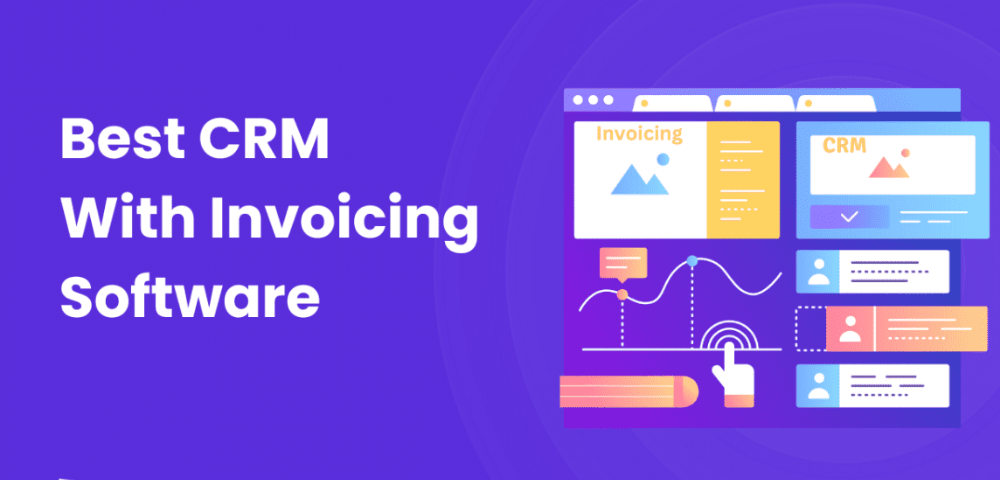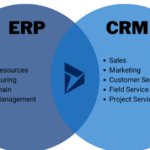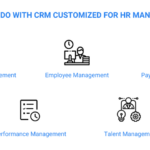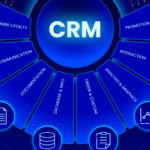Managing employee payments effectively is a critical component of running a successful business. CRM (Customer Relationship Management) software is often associated with customer data and sales management, but its advanced features can extend into workforce management, including handling diverse payment structures. By offering flexible payment options, CRM software ensures accuracy, transparency, and efficiency in managing your employees’ payments.
Versatile Payment Structures
Every business has unique payment needs, whether it’s paying hourly employees, salaried staff, freelancers, or commission-based workers. CRM software can accommodate various payment structures by integrating payroll features or syncing with existing payroll systems. This flexibility ensures that each payment type is handled accurately, reducing errors and maintaining employee satisfaction.
Automated Payroll Processing
CRM software simplifies payroll with automation. It calculates wages, deductions, bonuses, and overtime, ensuring timely and error-free payments. With built-in tracking and reporting features, you can monitor payroll expenses and maintain compliance with tax regulations. Automation saves time and minimizes the administrative burden, freeing up resources for other critical tasks.
Integrated Time Tracking
For businesses with hourly employees, integrated time tracking features within CRM software make payroll processing seamless. Hours worked can be directly linked to payment calculations, ensuring accuracy and transparency. This integration eliminates manual data entry, reducing the risk of discrepancies and disputes.
Commission and Incentive Management
Sales-driven organizations often rely on commission-based payment structures to reward performance. CRM software makes managing these payments easier by tracking sales data and linking it to individual employees’ payment records. This ensures commissions are calculated accurately and incentives are distributed on time, boosting employee motivation.
Real-Time Payment Insights
CRM software provides real-time access to payment data, giving managers a clear picture of payroll costs and trends. Detailed analytics and reports help identify areas for improvement, optimize payment processes, and forecast payroll expenses. This transparency supports better financial planning and decision-making.
Seamless Integration with Accounting Tools
Most CRM systems integrate with accounting software to streamline payment management. This ensures that payroll expenses, tax deductions, and other financial details are automatically updated in your accounting system, simplifying bookkeeping and tax filing.
Improved Employee Satisfaction
When payments are handled accurately and on time, it fosters trust and satisfaction among employees. CRM software ensures transparency, allowing employees to access their payment details through secure portals. This level of visibility reduces misunderstandings and builds a positive workplace environment.
CRM software with payment management capabilities is a valuable asset for businesses of all sizes. By offering flexible payment structures, automating processes, and ensuring transparency, it streamlines payroll operations and enhances employee satisfaction. Investing in a CRM solution that manages employee payments is not just an operational upgrade—it’s a strategic move toward building a more efficient and harmonious workplace.






0 Comments